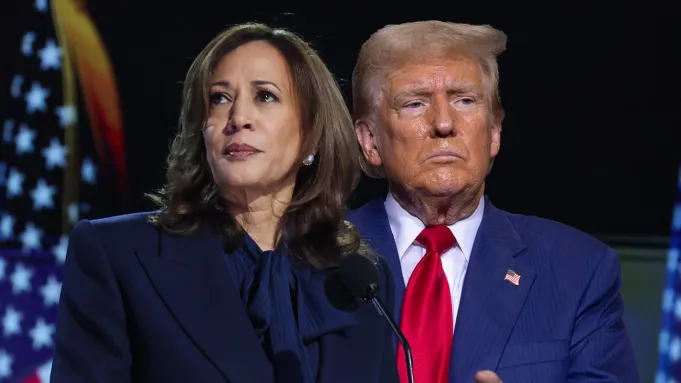Financial analyst and educator, Kalu Aja, has raised concerns over President Bola Tinubu’s Independence Day speech, particularly criticising the economic claims made by the President. Aja described parts of the speech as filled with “inaccuracies and falsehoods”, focusing on the administration’s declaration that it had cleared a N30 trillion ways and means loan incurred by the previous government.
In a statement on Tuesday, Aja took to his X handle (formerly Twitter) to debunk the President’s claims, noting that the assertion regarding the clearance of the N30 trillion loan from the Central Bank of Nigeria was not accurate. He further questioned the claim that the country had attracted more than $30 billion in foreign direct investments (FDI) within the past year.
Aja posted: “The President’s Independence Day speech, specifically the economic parts, are filled with inaccuracies and falsehoods. Who vetted it? How can the President say he ‘cleared’ Ways and Means of N30 trillion? Or ‘attracted FDI of $30 billion?’”
He described these assertions as more than mere mistakes, stating, “These are not simple errors; these are gross lies and falsehoods, and it’s pretty straightforward to fact-check these.”
The financial expert also emphasised the broader implications of such statements, noting that the President’s speech is scrutinised beyond Nigeria’s borders. “The media and strategy team of the President must realise that when President Tinubu speaks, it is a record, and his audience is also outside of Nigeria, this audience includes investors and multinational agencies,” Aja wrote.
He expressed concerns about how such claims would affect the credibility of the Nigerian government in the eyes of international stakeholders. “How does a Bloomberg trader trust a nation whose President says FDI inflow was $30 billion in 12 months, yet reserves are $37 billion and the currency is depreciating to N1,700 to $1? Not good,” he added.
Aja’s critique comes at a time when Nigeria’s economic policies are under close watch, particularly in light of ongoing challenges such as inflation, a weakened naira, and the government’s efforts to stabilise the economy.




